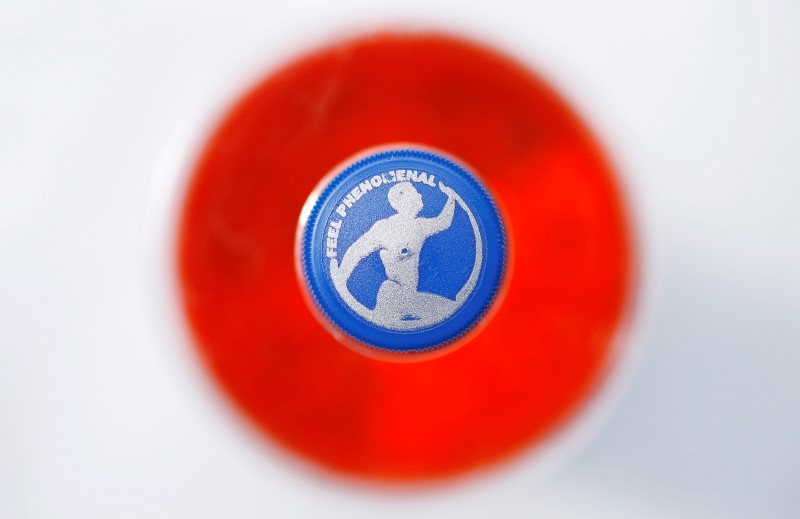(Reuters) - AG Barr, the company behind Scottish soft drink favourite Irn-Bru, said it is substantially reducing the amount of sugar in its products, ahead of a British government tax on sugar-sweetened fizzy drinks.
The company, which also reported a 7 percent rise in annual profit on Tuesday, said that such reformulation would help to minimise the financial impact of the levy, which was proposed earlier this month and will be based on a drink's sugar content.
The tax would add to the challenges facing AG Barr and its rivals such as Britvic (LON:BVIC) Plc and Coca-Cola Enterprises, which are already grappling with increasingly calorie-conscious consumers.
"To ensure success in the UK market we are focussing our marketing efforts on our "lower" and "no" sugar products and are substantially reducing the sugar content of our portfolio to reflect consumers' changing preferences," AG Barr said in a statement.
Food and drink makers have an array of ingredients they can use in place of sugar, including sweeteners like aspartame and stevia, and they can also reduce portion sizes to control calorie counts.
AG Barr has already reduced the average calorie content of its portfolio of products by 8.8 percent in four years, it said, and expects to accelerate the pace of change over the next year by reducing its exposure to high-sugar products.
Even though AG Barr gets all its revenue from the UK, it said its brand strength, product reformulation and innovation would help it to minimise the impact of the proposed tax.
Aside from Irn-Bru, AG Barr sells Tizer, Rubicon and Strathmore water.
AG Barr said its statutory pre-tax profit rose to 41.3 million pounds for the year ended Jan. 30 from 38.6 million pounds a year earlier.
The company had said in late January that a "soundly executed Christmas" had helped it boost results in a challenging and highly competitive UK market.

AG Barr shares were little changed at 520 pence in morning trading on the London Stock Exchange. Up to Monday's close, they had lost about 6 percent since the tax was proposed on March 16.